Latest information on content and events
CONTENTS / EVENT
-
Cultural TourismSustainability
Experience the Future of Lacquer in Kyoto
~ Urushi Tsutsumi Asakichi since 1909 ~Founded in 1909, Urushi Tsutsumi Asakichi preserves traditional craftsmanship while exploring new ways to bring lacquer into everyday life. In Kyoto, lacquer is not limited to temple architecture and tableware — it also appears in daily life, from bath buckets at sento (public bathhouses) to dining tables in local bakeries. Discover its beauty at Bukkoji Temple, experience lacquer buckets at Umeyu, and enjoy bread and wine by the Kamo River. Through these encounters where city culture and lacquer come together, you will discover a new side of Kyoto’s urushi tradition. -
Kyoto is home to many businesses that practice "long-term management," passing down culture for over a thousand years. Rather than simply preserving tradition, these businesses have an approach as "social enterprises/local zebra businesses" that weave value into the future while harmonizing with the environment and local community. Experience programs offered by these businesses are not only activities for tourists, but also an opportunity for "site visits" to directly experience business models that create social impact. In this article, we introduce sustainability-related experiences, organized in collaboration with BEYOND2025, one of Japan's largest social conferences, and the JTB Kyoto branch.
CulturalKyoto sustainable tourismKyoto sightseeingexperiencetraditional culture
-
The Kyoto branch of the Japan Tourist Association (JTB) jointly hosted the "GSTC Sustainable Tourism Course" in Kyoto City to learn about the international standards of sustainable tourism. In addition to learning about GSTC standards and good practices through lectures and fieldwork, participants also analyzed their own company's efforts to deepen their understanding.
Kyoto tourism moralsKyoto sustainable tourismsustainablecarbon neutral
-
Even beginners can feel at ease! A sake experience facility where you can find your favorite sake. Sample eight types of sake and find your favorite. An experience facility where you can make sake with a "one-of-a-kind taste" by blending your favorite sakes. You can also take home the sake you make on the same day, so enjoy this unique and innovative "sake experience."
CulturalKyoto experienceKyoto sustainable tourismJapanese sake
-
This service allows you to drop off your luggage at a designated counter after arriving at Kansai International Airport, and have it delivered to you on the same day. Sightseeing while climbing stairs or walking uphill with luggage can be challenging, so we highly recommend making use of this service!
-
Cultural TourismSustainability
Kyoto Sightseeing Shuttle NearMe
~ Avoid crowds by making reservations and sharing rides ~A reservation taxi service in central Kyoto, with reservations made up to the day before. No reservation fee, and a safe taxi with confirmation of dispatch in advance. Shared ride option available, up to 50%OFF -
Why not create your own T-shirt at a 100-year-old printing studio? Students can take the lead in creating T-shirts using photos they have taken themselves. In the studio of a 100-year-old T-shirt printing company, students will experience full-scale production using DTF printing technology, and experience photo editing, layout, and printing. The completed T-shirts can be purchased later by distributing the 2D barcode on the e-commerce site to parents. The program also includes a lecture on the history and traditional craft of Fujiki Yuzen, providing an in-depth learning experience that combines culture and technology.
SDGs area of this content
-
This program is a special campus tour for elementary and junior high school students where they can see, learn, and experience carbon neutral efforts. The setting is Ritsumeikan University's Kinugasa Campus. University students will act as guides and provide a fun and easy-to-understand introduction to the behind-the-scenes of the eco-campus and the student-led efforts.
SDGs area of this content
-
Experience the history and culture of the world-famous Matcha tea! Discover your own favorite Matcha!
TeaKyoto experienceUji teaMatchaKyoto sustainable tourismKyoto sightseeingtraditional culture
-
A convenient service for those using Japan Airlines (JAL)♪ This service will deliver your baggage that you checked in at the airport before boarding to your hotel on the same day. After you arrive at Itami Airport, you do not need to collect your baggage and can enjoy sightseeing right away.
Sustainable TourismKyoto sustainable tourismKyoto sightseeingcomfortableEmpty-handed sightseeing


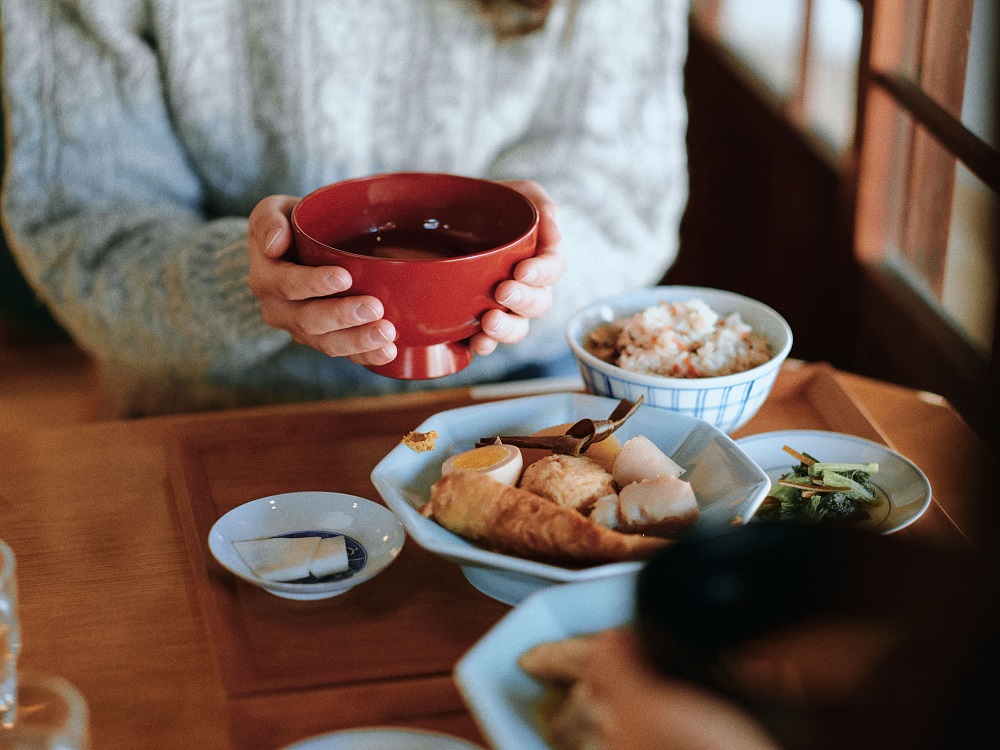
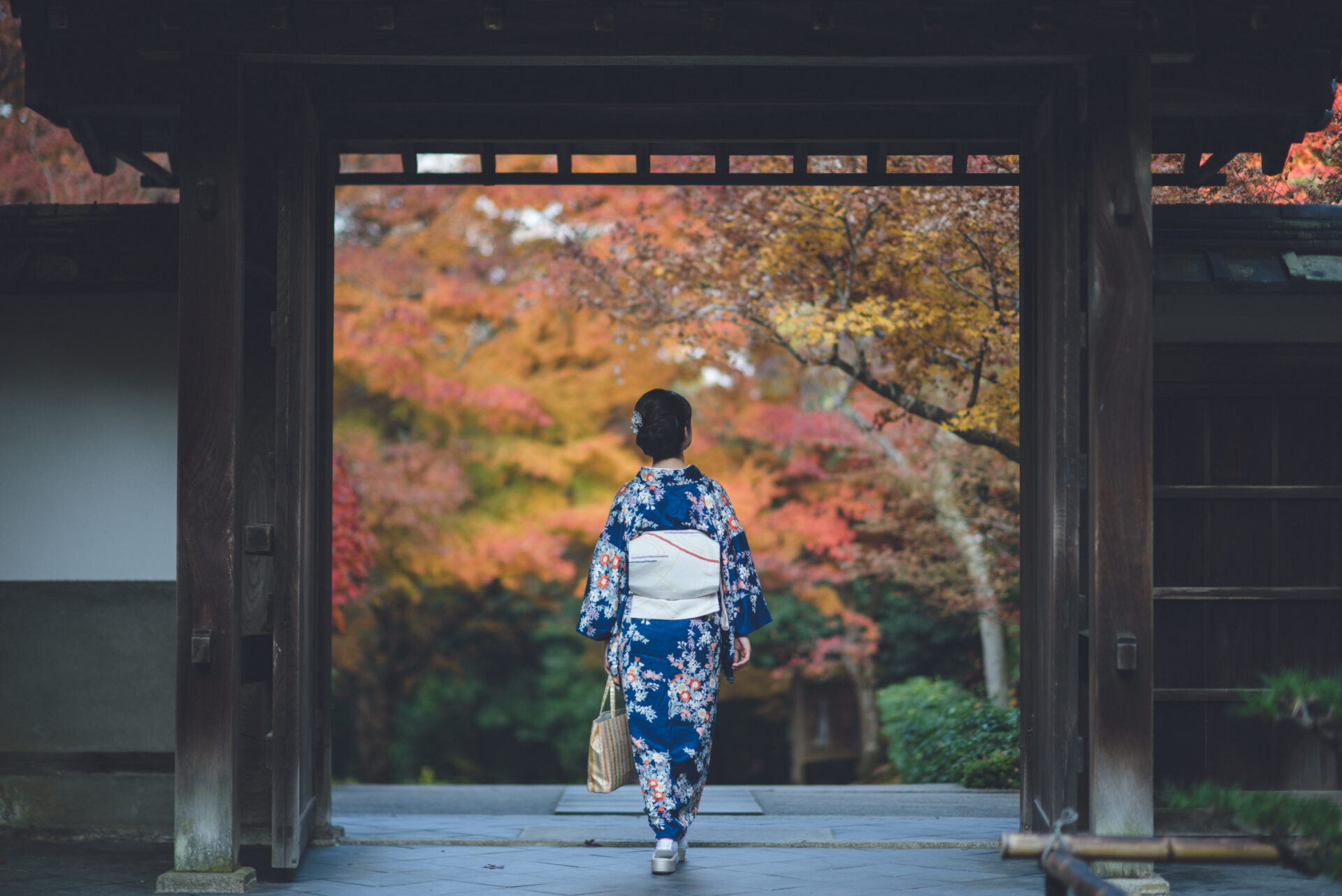

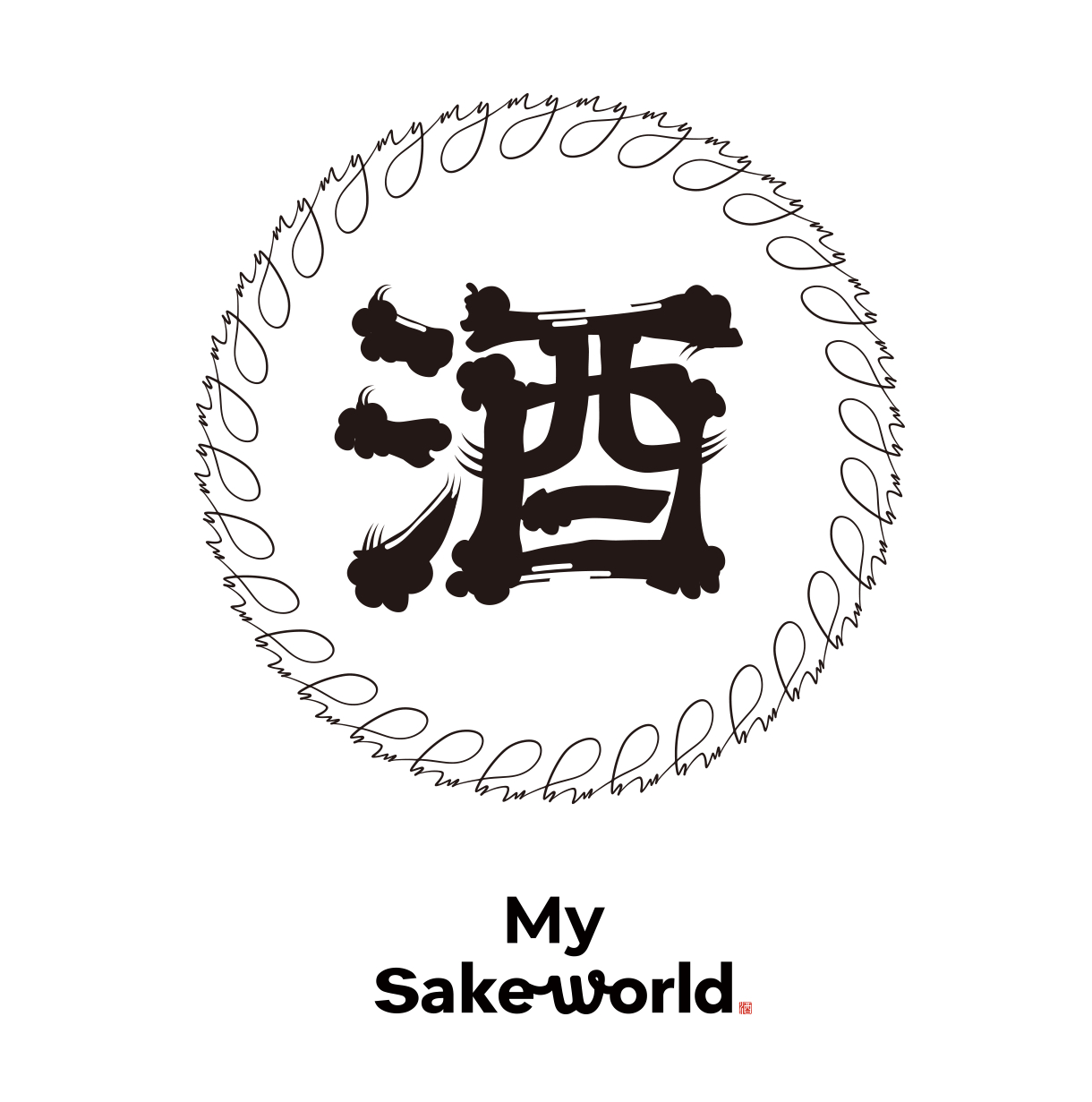


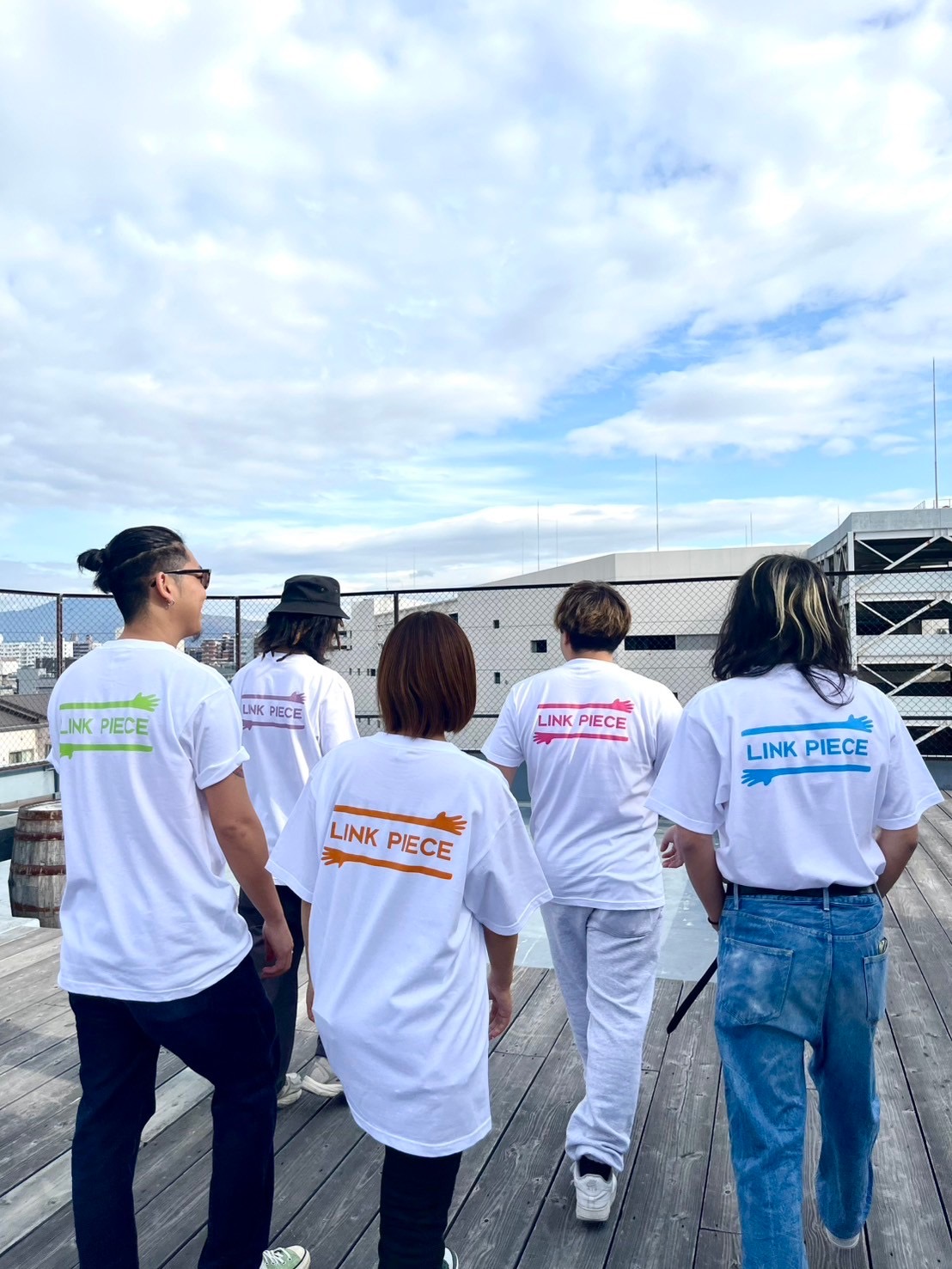



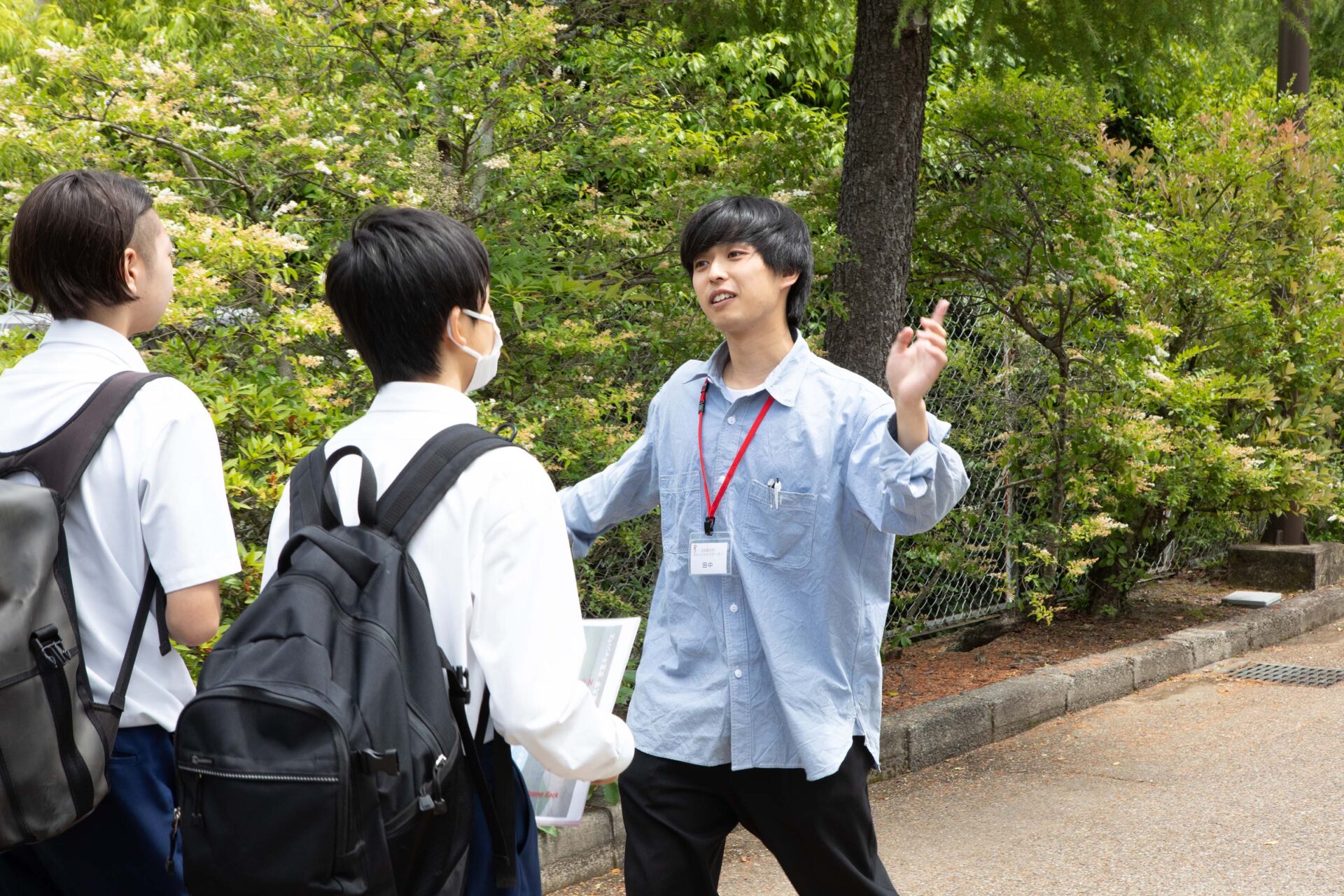


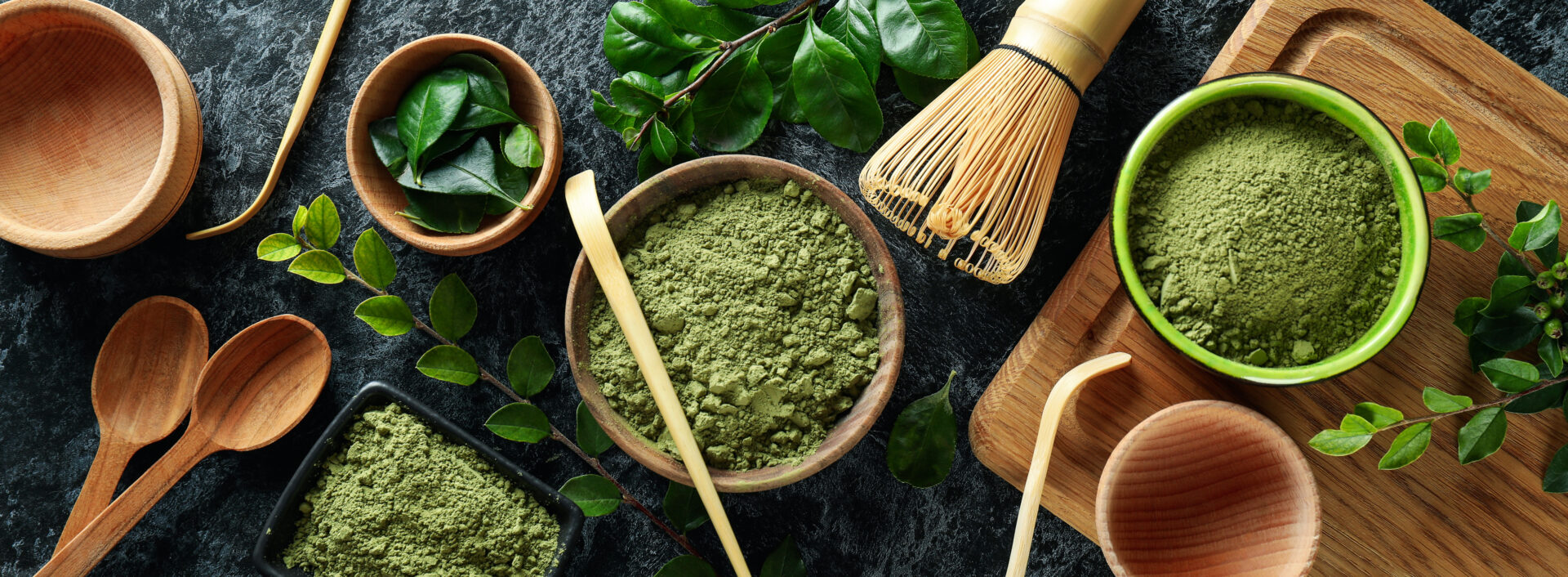

 Kyoto
experience
Kyoto
experience Contact us by phone
Contact us by phone Contact by email
Contact by email